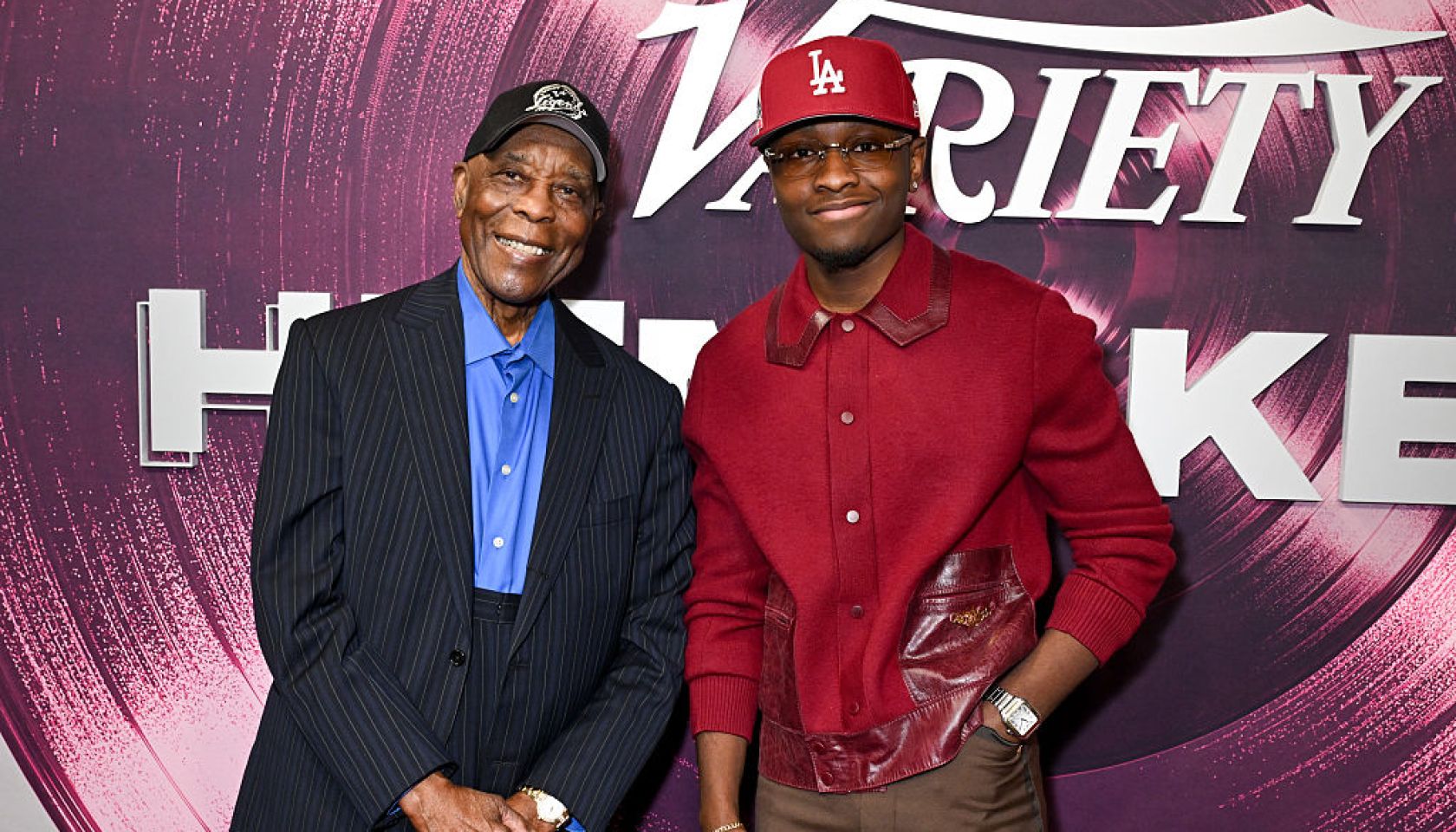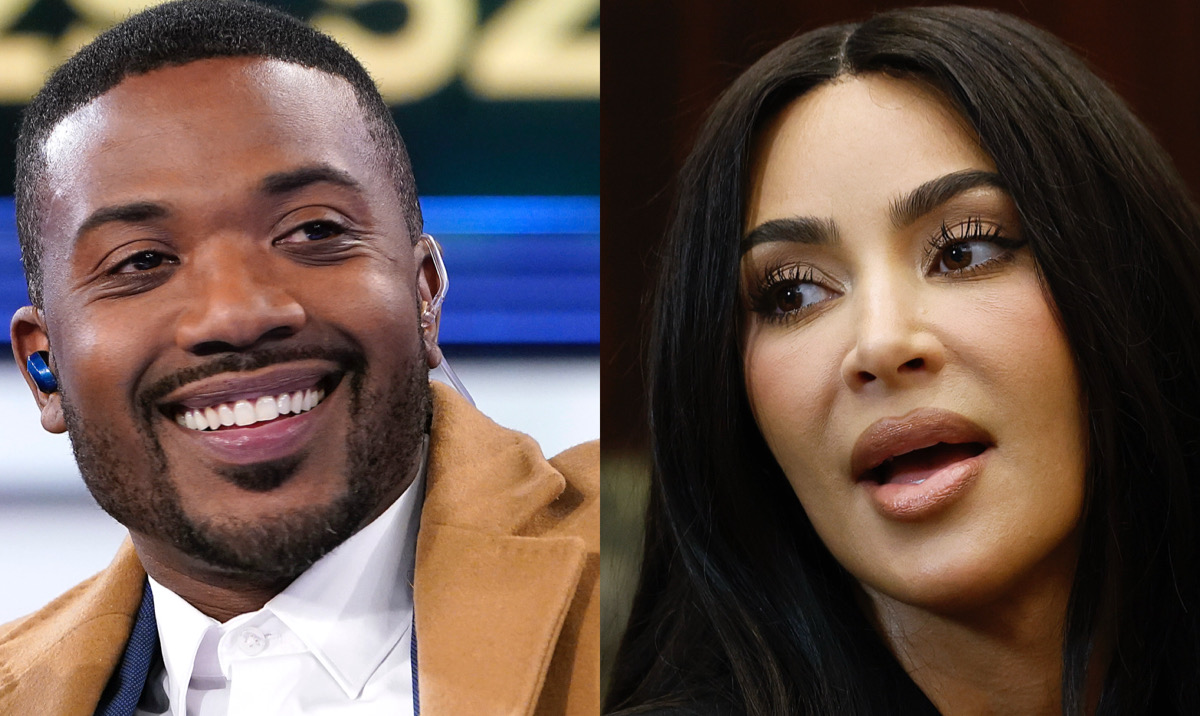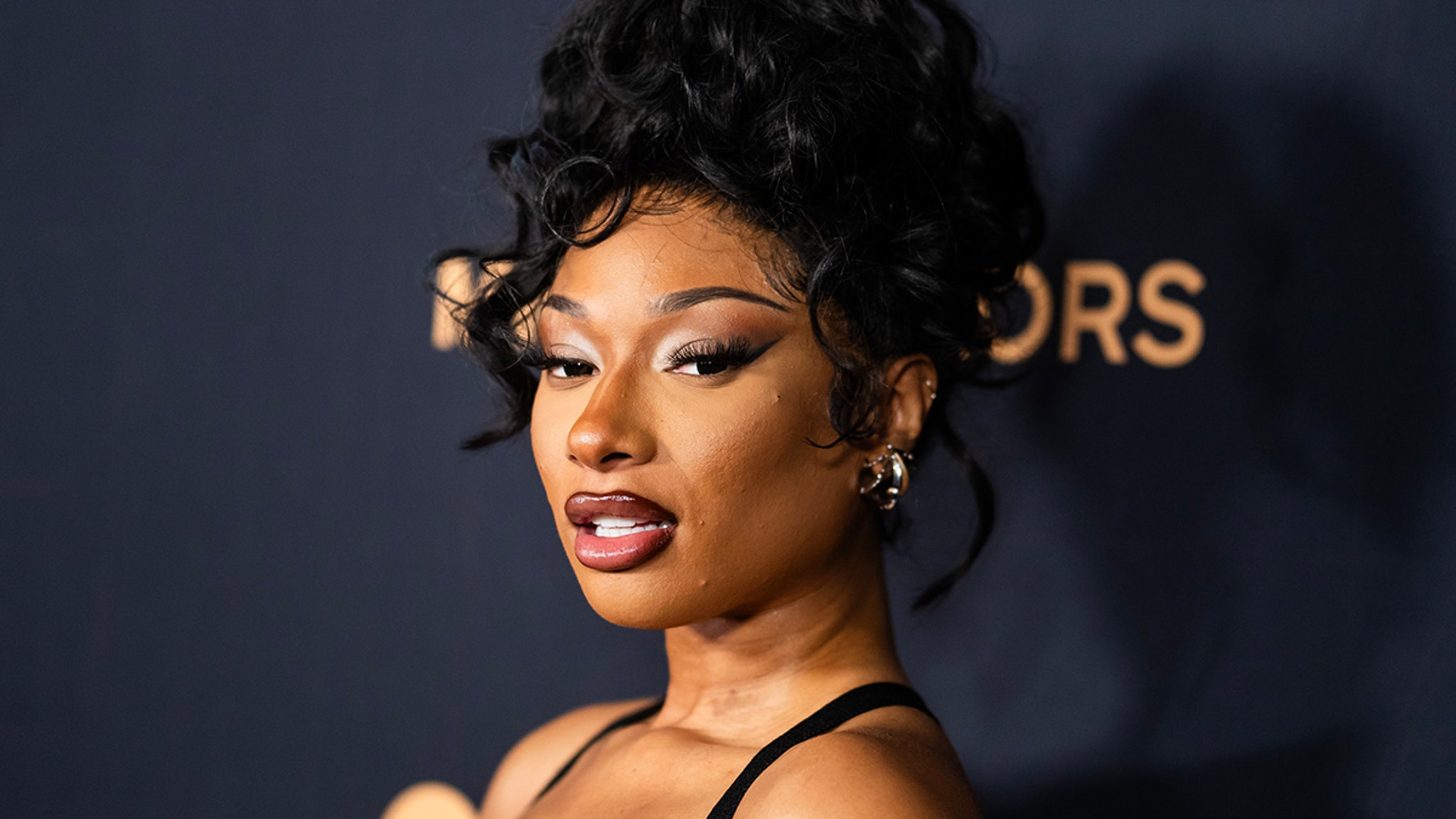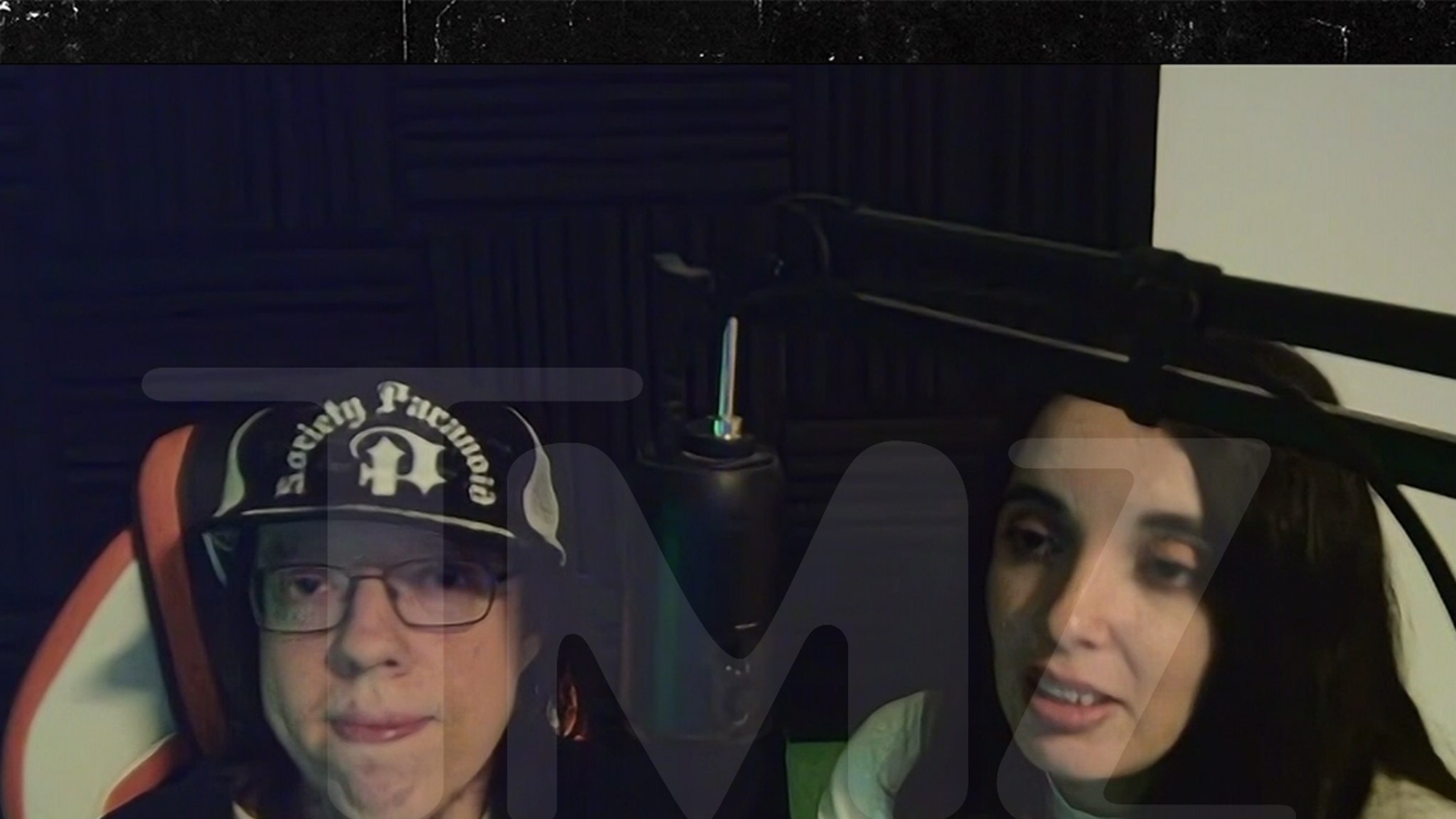A year ago this week, accusations surfaced in the media that the late Sacheen Littlefeather, best known for representing Marlon Brando on the Oscars stage in protest of the treatment of Native Americans, had fabricated her Native heritage.
Now Buffy Sainte-Marie, considered to be the first Indigenous Oscar winner (for co-writing the pop standard “Up Where We Belong” from 1982’s An Officer and a Gentleman), is facing similar allegations.
On Friday, the CBC newsmagazine The Fifth Estate is expected to air a documentary digging into the singer-songwriter’s roots. The episode description — the second of the 49th season of the Canadian public broadcaster’s long-running series — does not name the “icon” whose Indigenous ancestry is under investigation, but Sainte-Marie has preemptively come forward a day early to defend what she calls “[her] truth as [she] knows it.”
“It is with great sadness, and a heavy heart, that I am forced to respond to deeply hurtful allegations that I expect will be reported in the media soon,” Sainte-Marie wrote in a personal statement as part of a response package sent to The Hollywood Reporter. She says that the CBC reached out to her last month with questions about her ancestry, as well as to discuss her childhood sexual assault.
When asked for comment and more information on the upcoming episode, the CBC pointed to the description that has been released to listings: “An icon’s claims to Indigenous ancestry are being called into question by family members and an investigation that included genealogical documentation, historical research and personal accounts.”
Until now, the accepted details of Sainte-Marie’s biography have been that she was born on a Piapot Cree reserve in 1941 in the Canadian province of Saskatchewan and became one of the tens of thousands of First Nations children removed from their homes and placed with white families as part of a Canadian government policy known as the Sixties Scoop. Her adoptive parents, the Sainte-Maries, raised her in New England, and as a young adult exploring her heritage she made contact with the Piapot Cree people and was ceremonially adopted (according to Cree practices) into the Piapot family.
“I count myself lucky to have had two families to love,” Sainte-Marie said in a video statement posted on her social media accounts Thursday. “A growing-up family, who were wonderful, and my Piapot family, who are also wonderful.”
The ambiguity and potential contradiction is expected to center on the earliest chapter of Sainte-Marie’s life — namely, whether her biological parents were actually Native, and if she was indeed a child of the Sixties Scoop. “What I’ve always been honest about is that I don’t know where I’m from or who my birth parents were, and I will never know,” she wrote in her statement, noting that there was often no written documentation for Indigenous children born in the 1940s. “All I can say is what I know to be true: I know who I love, I know who loves me. And I know who claims me.”
To support her account, Sainte-Marie’s team also provided to THR a statement from two grandchildren of the singer’s “adoptive” parents, Emile Piapot and Clara Starblanket. “Our ways are so beautiful and profoundly inclusive,” they wrote. “Buffy is our family. We chose her and she chose us. We claim her as a member of our family and all of our family members are from the Piapot First Nation. To us, that holds far more weight than any paper documentation or colonial record keeping ever could.”
Going further, Sainte-Marie also submitted a sworn affidavit from her longtime legal counsel Delia Opekokew (Canoe Lake Cree), who stated that based on the consistent corroboration of elders and others who would have knowledge of the circumstances of Sainte-Marie’s birth, as well as the context that Indigenous personal history in that era often relied upon oral recollection instead of written records, she has “no doubt that Buffy Sainte-Marie is an Indigenous woman with community accountability through her Piapot family in Saskatchewan.” (Read all three statements in full, below.)
The Sainte-Marie accusations come two months after the folk musician announced her retirement from live performance, citing health concerns. As the CBC documentary acknowledges, she has long been revered as a cultural icon for both her singular Oscar achievement as well as her life’s work centered on Indigenous communities and identity. She is the third entertainment figure to be accused of falsely claiming Native heritage, or “Pretendianism,” in the past 12 months, after Littlefeather and independent film producer Heather Rae, who told THR in March that she now identifies as an ally as she continues to investigate her own family ties.
Authenticating Native identity is a nuanced and sensitive issue that varies from tribe to tribe. Some demand blood quantum, others a clear genealogical link to early tribal census records. (Sainte-Marie’s situation differs from the other two high-profile cases because she indeed is claimed by a tribe, albeit via adoption.) Systematic cultural erasure and forced assimilation of Indigenous people by both the Canadian and U.S. governments has further muddied the ability to prove ancestral connections, and Native people are divided on how strictly to gatekeep claims to the heritage, while also acknowledging that opportunistic (and fraudulent) exploitation of Native culture by outsiders for individual and corporate gain runs rampant.
“My Indigenous identity is rooted in a deep connection to a community which has had a profound role in shaping my life and my work. For my entire life, I have championed Indigenous and Native American causes when nobody else would or had the platform to do so,” Sainte-Marie wrote in her statement. “I may not know where I was born, but I know who I am.”







